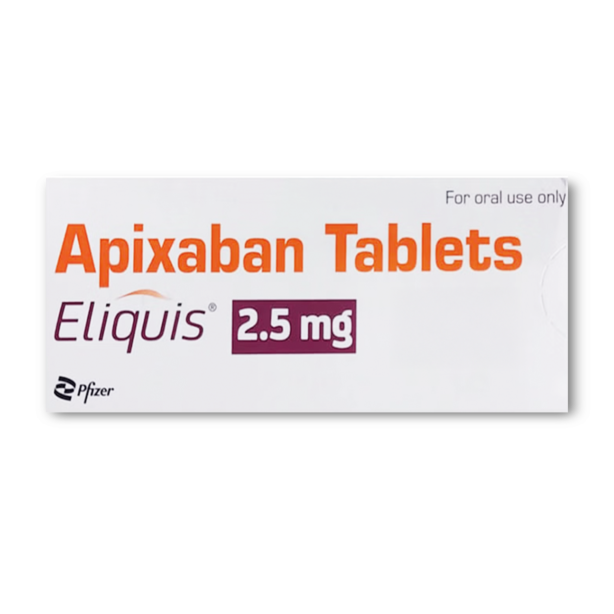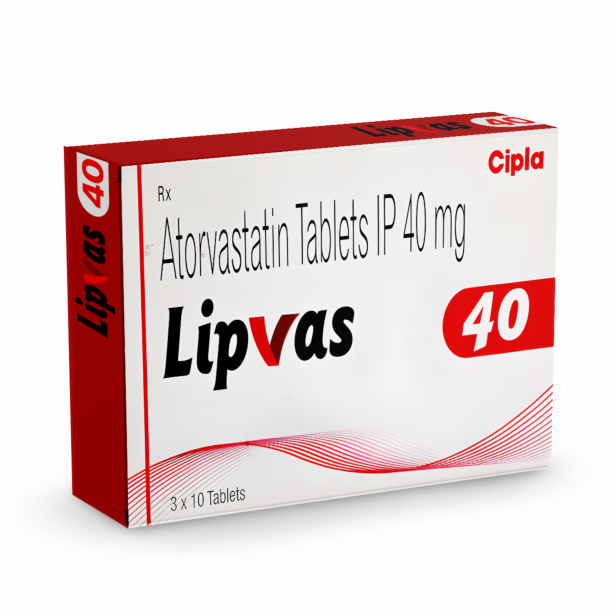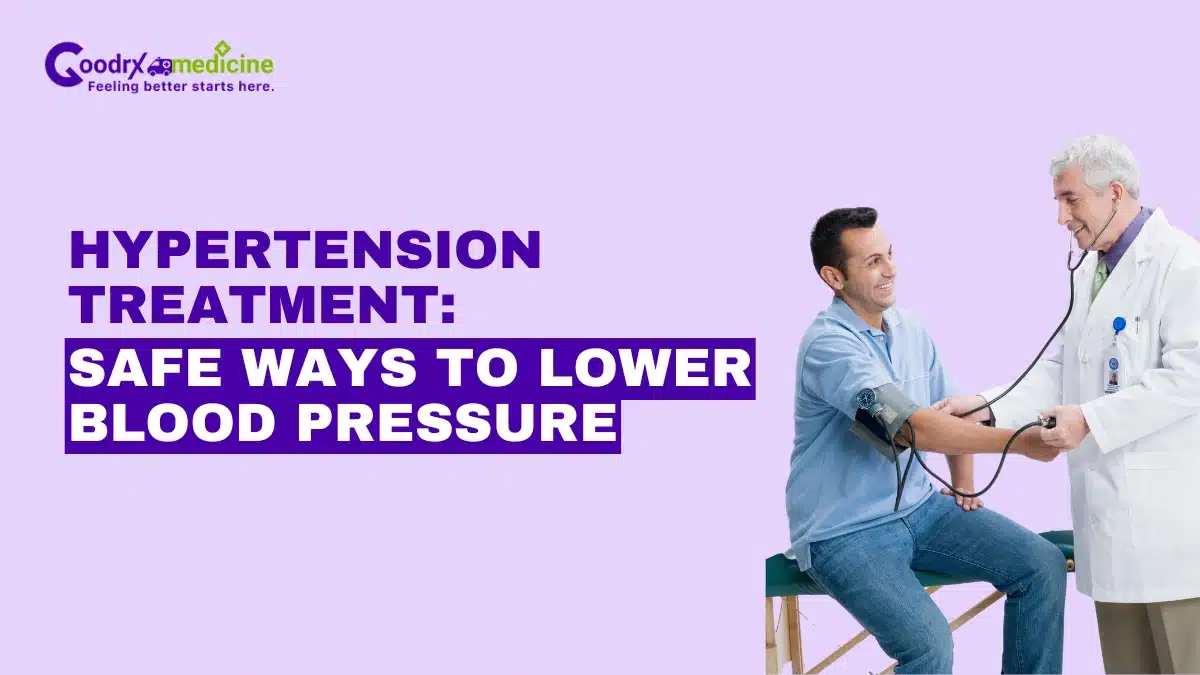Hypertension, or High Blood Pressure, is a long-term condition that affects millions of people worldwide. It happens when the pressure of blood pushing against the walls of the arteries is consistently too high.
This extra pressure forces the heart to work harder, which over time can damage blood vessels and important organs such as the heart, brain, kidneys, and eyes. If not treated, Hypertension can lead to serious health problems, including strokes, kidney disease, heart attacks, and vision loss.
The good news is that it can be controlled and even prevented with the right treatment plan.
Hypertension treatment is not limited to taking medicine. It is a step-by-step approach that combines healthy lifestyle changes, medications when needed, regular monitoring, and a commitment to long-term care. This article explains each part of the treatment process in simple terms so you know exactly what to do to protect your health.
Lifestyle changes for Hypertension treatment
For many people, the first stage of treating Hypertension focuses on improving lifestyle habits. These changes can lower blood pressure naturally and, in some cases, reduce the need for medication. This includes working on diet and managing weight:
Save up to 90% on your medicine bills

Eliquis 2.5 Mg

Crestor 40 Mg

Lipvas 40 mg

Arkamin 100 Mcg
Eat a heart-healthy diet
What you eat has a lot of effect on your blood pressure. Diet-related adjustments include:
- Follow the DASH diet (Dietary Approaches to Stop Hypertension) with more fruits, vegetables, whole grains, lean proteins, and low-fat dairy.
- Limit salt (sodium) to 1,500–2,300 mg per day. Too much salt causes the body to hold extra water, raising blood pressure.
- Increase potassium-rich foods such as bananas, sweet potatoes, spinach, and beans. Potassium helps balance sodium and relaxes blood vessels.
- Choose healthy fats from nuts, seeds, and olive oil.
Maintain a Healthy Weight
Even losing 4–5 kg can help lower blood pressure if you are overweight.
Exercise Regularly
Do at least 30 minutes of physical activity (such as brisk walking, swimming, or cycling) most days of the week.
Limit Alcohol and Avoid Tobacco
Too much alcohol raises blood pressure, while smoking harms the blood vessels and raises the chances of getting a heart issue.
Manage Stress
Long-term stress can raise blood pressure. Practice meditation or other relaxation techniques.
Medicines for Hypertension treatment
When lifestyle changes are not enough, medicines are used to control blood pressure. The choice depends on your blood pressure level, age, other health conditions, and how your body responds.
Common types of Hypertension medicines:
- Diuretics: They help the body remove extra salt and water. Example: Hydrochlorothiazide.
- Angiotensin-Converting Enzyme (ACE) inhibitors: These relax blood vessels by blocking certain hormones. Example: Lisinopril.
- Calcium Channel Blockers (CCBs): These prevent calcium from tightening blood vessels. Example: Amlodipine.
- Beta Blockers: They slow the heart rate and reduce its workload. Example: Metoprolol.
- Angiotensin II Receptor Blockers (ARBs): They work like ACE inhibitors but in a different way. They block the Angiotensin II hormone and prevent blood pressure from increasing. Example: Losartan.
Sometimes, a combination of medicines is needed for better results.
What to expect from medicines and the timeline
When starting Hypertension medication, it helps to know what results to expect.
- Speed of action: Some medicines, like Diuretics, can start lowering blood pressure within hours. Others, like ACE inhibitors or CCBs, may take a few days to work.
- Full effect: Most medicines reach their maximum benefit within 2 to 4 weeks of continuous use.
- Dose adjustments: If blood pressure remains high after a few weeks, your doctor may increase the dose or add another medicine.
- Side effects: Some people may notice dizziness, frequent urination, or mild fatigue at first. These often improve as the body adjusts, but persistent symptoms should be reported.
- Never stop suddenly: Stopping medicine without medical advice can cause dangerous spikes in blood pressure.
Patience and consistency are important during the first month of treatment.
Regular monitoring and follow-up
Hypertension treatment is a continuous process. Monitoring helps ensure that blood pressure stays within a healthy range.
- Use a home blood pressure monitor to check readings regularly.
- Keep a record of your readings to share with your doctor.
- Visit your doctor as recommended, usually every 3–6 months for stable cases and more often if blood pressure is not controlled.
Special considerations in Hypertension treatment
Some important things to consider during the treatment are:
- Hypertension in pregnancy requires special care to protect both mother and baby. Some medicines are avoided, and regular check-ups are essential.
- If blood pressure stays high despite taking three or more medicines, your doctor will check for underlying causes such as kidney disease or hormonal problems.
- In older adults, treatment is started slowly to avoid dizziness or falls, and doses are adjusted carefully.
Role of natural support and supplements
Some natural remedies may help support blood pressure control, but they should never replace prescribed treatment.
- Omega-3 fatty acids from fish oil may slightly reduce blood pressure.
- Magnesium supports healthy blood vessel function.
- Garlic extract has been linked to mild reductions in blood pressure.
Always consult a doctor before taking any supplements.
Long-term commitment to treatment
Hypertension is a lifelong condition for most people. Even if your readings return to normal, stopping treatment without guidance can be dangerous.
- Continue healthy lifestyle habits alongside medicines.
- Make regular check-ups part of your routine.
- Involve family or friends for motivation and support.
Preventing Hypertension from returning
Prevention is about maintaining the progress you have made.
- Keep salt intake low.
- Stay active every day.
- Maintain a healthy weight.
- Manage stress effectively.
Conclusion
Managing Hypertension is a lifelong commitment, but it is also a powerful investment in your health. High Blood Pressure may not always cause symptoms, but its effects on the heart, blood vessels, kidneys, and eyes can be serious over time.
The right treatment plan, combining healthy lifestyle changes, medicines when necessary, regular monitoring, and supportive care, can bring blood pressure within a safe range and help prevent complications such as heart attack, stroke, and kidney disease.
It is important to remember that Hypertension treatment does not work overnight. While some medicines act quickly, achieving stable, long-term control often takes weeks of consistent effort and adjustments. Patience, regular follow-up with your doctor, and adherence to your treatment plan are key to success.
By eating a balanced diet, staying active, limiting salt and alcohol, avoiding tobacco, and managing stress, you give your body the best chance to maintain healthy blood pressure naturally.

Frequently Asked Questions
Can dehydration affect blood pressure?
Yes, dehydration reduces blood volume, which may cause blood pressure to drop suddenly. In some people, it can trigger the body to release hormones that increase blood pressure temporarily. Staying adequately hydrated helps keep blood pressure stable and supports healthy circulation.
Does lack of sleep contribute to Hypertension?
Yes, poor sleep quality or chronic sleep deprivation can disrupt hormone balance, increasing the risk of high blood pressure. Sleep disorders like sleep apnea also raise blood pressure. Adults should get 7–9 hours of sleep to help maintain cardiovascular health.
Can High Blood Pressure be temporary?
Yes, stress, caffeine, physical activity, or certain medications can cause short-term spikes in blood pressure. However, if readings remain elevated over multiple days, it may indicate chronic Hypertension. Only consistent monitoring and medical evaluation can confirm whether treatment is needed.
How does the weather impact blood pressure?
Cold weather can narrow blood vessels, causing temporary increases in blood pressure. Hot weather may cause it to drop, especially if dehydration occurs. People with Hypertension should monitor readings during extreme temperatures and adjust hydration and activity levels accordingly.
When referencing outside resources, GoodrxMedicine always provides full citations. To learn more about the measures we use to maintain the quality of our content, please review our Content Information Policy.











